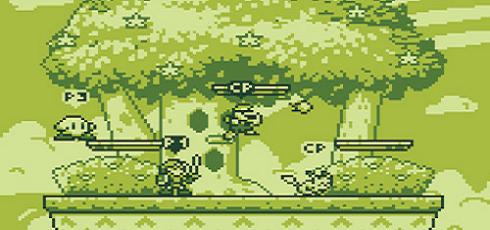"Some TV shows just don't get it." Part of a periodical series: Video Games in TV.
The premise in this season 8 episode "Kill Screen" is that the lead programmer on the fictional game Fear Tower 3 was paid by a middle eastern arms dealer to put hacking software into the game, which would actively run hacks against the Pentagon whenever anyone played it. Mix in a couple of false leads, finger pointing, and good old-fashioned (and even new-fashioned) detective work, and you have a gripping crime drama that manages to make some more really stupid comments about video games.
Despite the central video game theme, this episode doesn't deal with the subject matter very much. There are only a half-dozen minutes of actual game-related dialogue scenes, and only in the last few minutes of the episode does the video game theme come front and center. But most of it is still pretty nonsensical, and is still worth laughing at. A video montage of some the dialogue awaits you in the full article, along with the rest of my break-down.
















































